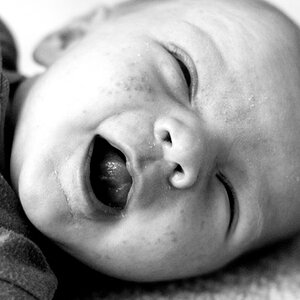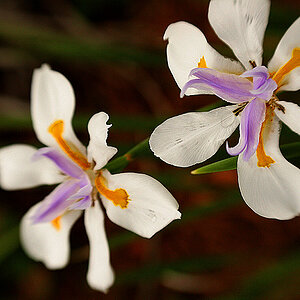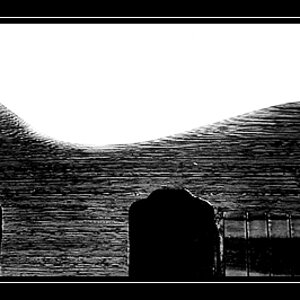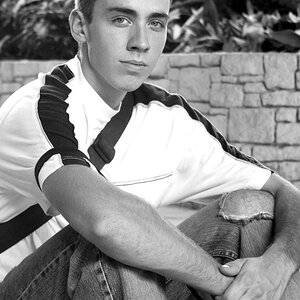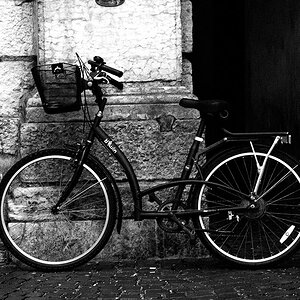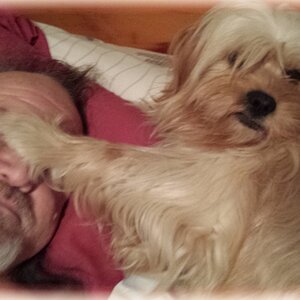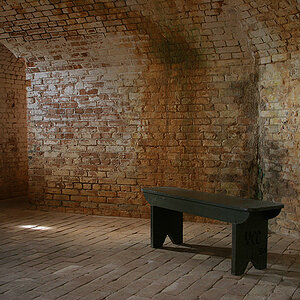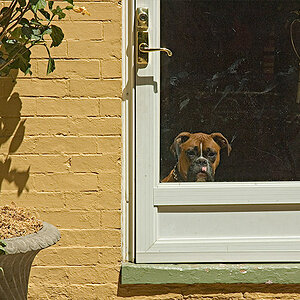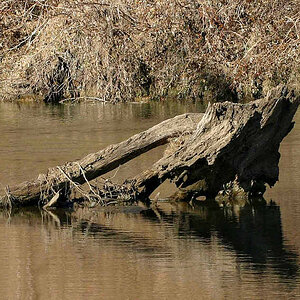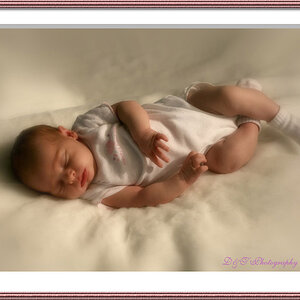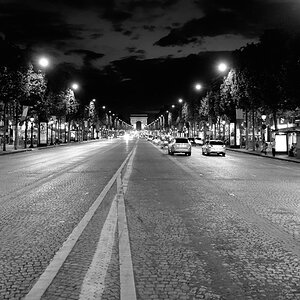Back in early 2012 I was looking into getting a T3i, didn't follow through with a purchase. My Nikon S210 has been an obsolete P&S for a while so never really cracked it out other than taking it to Toronto, in 2012.
My Moto X that I have had for a little over a year definitely takes better pictures.
Though I do not want my phone to be a "One Electronic Tool Does it all".
I carry a small flashlight (Zebralight SC52d) to illuminate the dark when needed instead of wasting the battery on my communication device.
I want to do the same about a camera, I don't want to waste my battery on my phone with taking subpar pictures.
So I have decided that I want to get an interchangeable lens type camera.
Budget would be $1k max. This is meant to include a camera with Kit lens, accessories, bag and potentially another lens.
I would like a sort of compact camera. It doesn't need a million lens options but just enough so I can get a few decent ones eventually.
Some options I have considered are Sony a6000, Nikon D3300,D5300, canon Sl1,T5i.
Any advice is greatly appreciated.
Thanks
My Moto X that I have had for a little over a year definitely takes better pictures.
Though I do not want my phone to be a "One Electronic Tool Does it all".
I carry a small flashlight (Zebralight SC52d) to illuminate the dark when needed instead of wasting the battery on my communication device.
I want to do the same about a camera, I don't want to waste my battery on my phone with taking subpar pictures.
So I have decided that I want to get an interchangeable lens type camera.
Budget would be $1k max. This is meant to include a camera with Kit lens, accessories, bag and potentially another lens.
I would like a sort of compact camera. It doesn't need a million lens options but just enough so I can get a few decent ones eventually.
Some options I have considered are Sony a6000, Nikon D3300,D5300, canon Sl1,T5i.
Any advice is greatly appreciated.
Thanks


